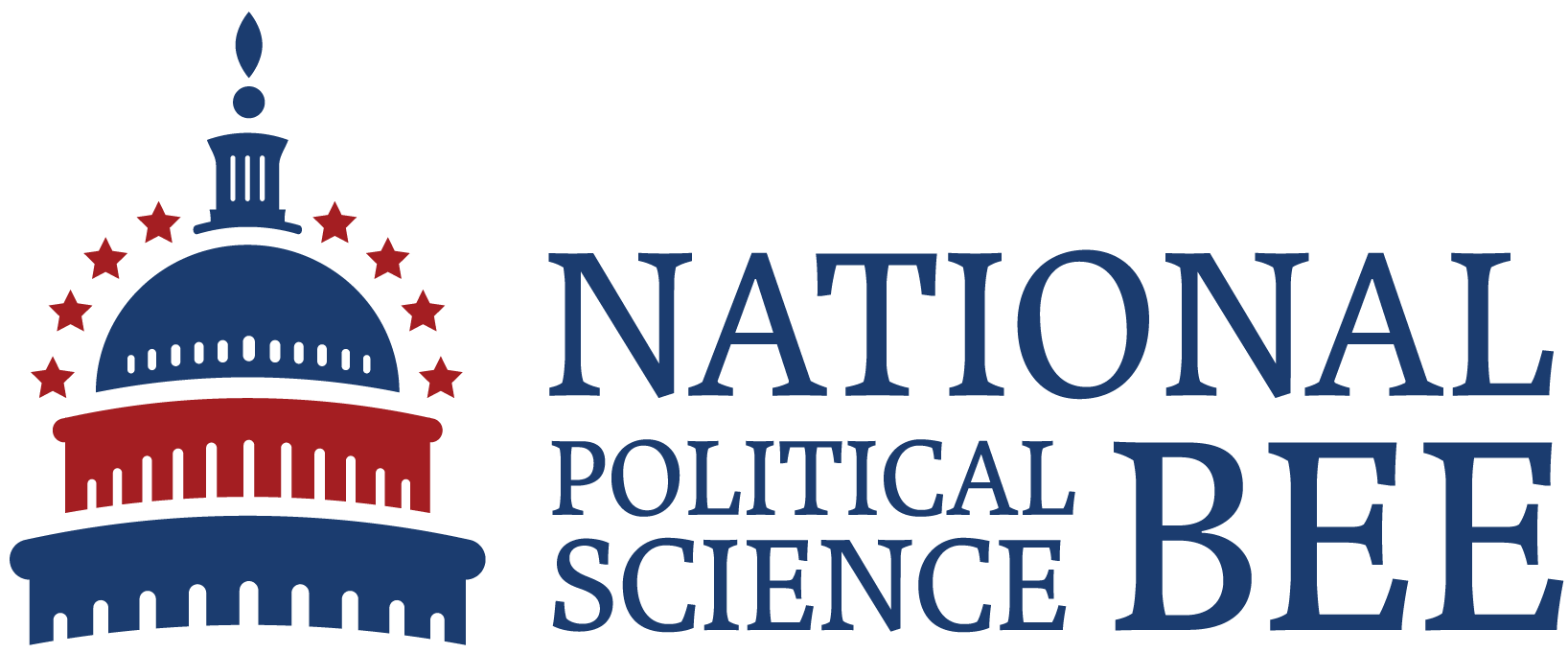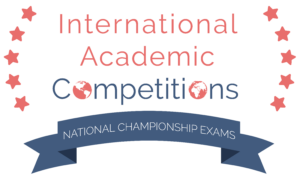The International Academic Competitions Portfolio
IAC is an organization that oversees a portfolio of academic competitions for students in over 50 countries. Please see below for an overview of our competitions that are offered in the USA on an annual basis. In addition to these events, IAC also administers three biennial World Championship level events: International History Olympiad (next held in July 2025), International Geography Championships (next held in Vienna, July 2024), International Environmental Science Olympiad (next held in Puerto Rico, December 2024). US students qualify for these through participation in our annual history, geography, and science competitions in the USA.












